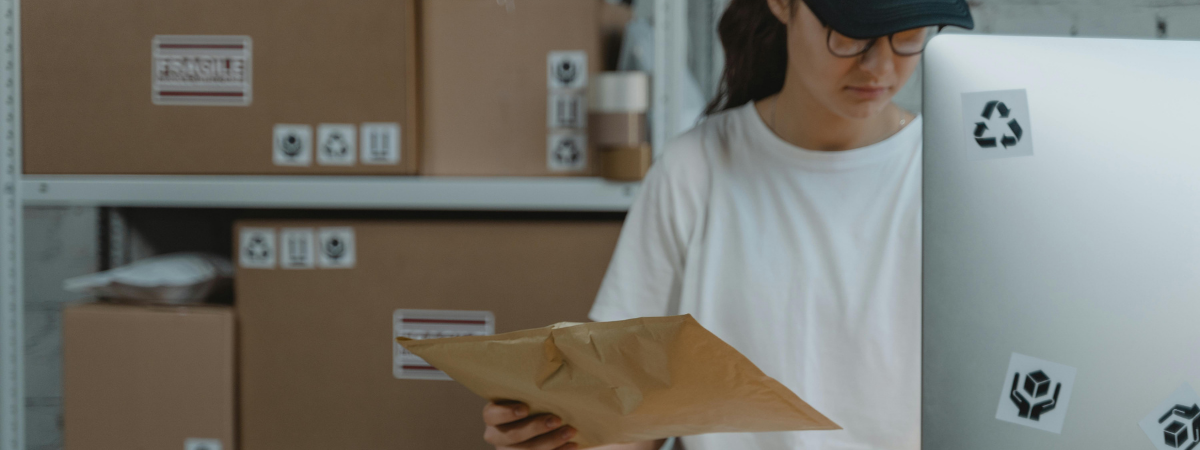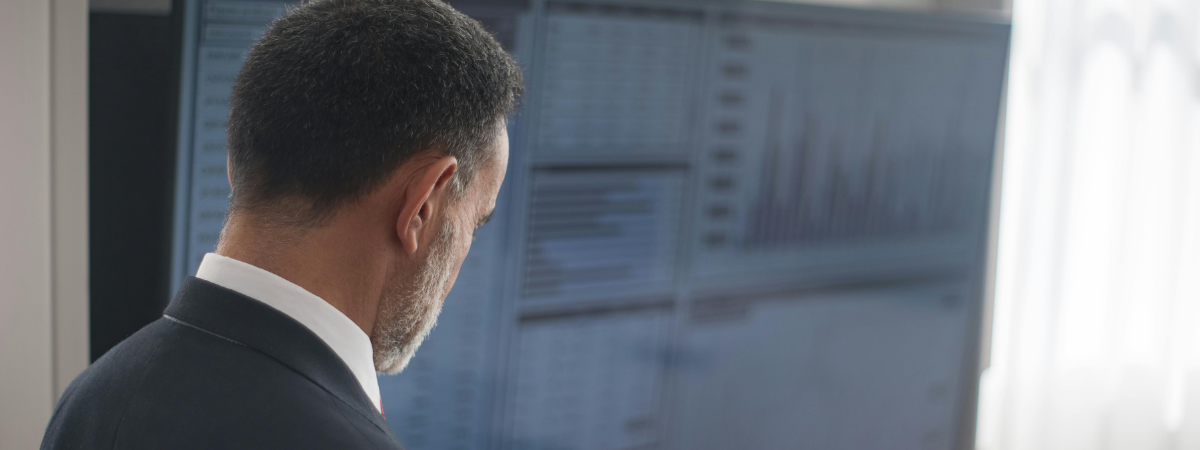

How To Build Your Own Supplier Risk Assessment Checklist
Need a step-by-step guide to get started? Here’s what to include in a risk assessment that reduces disruption.
Need a step-by-step guide to get started? Here’s what to include in a risk assessment that reduces disruption.

If you want to manage supplier risk, you need to assess it. But for many procurement teams, that’s easier said than done.
Manual processes, ever-changing legislation, scattered supplier information, and limited resources can all make supplier risk assessment feel like a heavy lift. That’s why it’s so important to focus on the essentials - and use a process that’s structured, consistent, and scalable.
Whether you’re building your approach or refining what you already have, here’s what a robust, practical supplier risk assessment should include - and how to simplify it using shared assurance frameworks.
How Do I Know If My Suppliers Are Financially Stable?
Start by checking that your suppliers can stay in business. Financial instability is one of the most common - but often least visible - supply chain risks.
What to assess:
-
Audited financial reports
-
Credit ratings or warning flags
-
Cashflow or insolvency indicators
Why it matters: Unexpected failure can lead to service disruption, contract termination risk, and customer impact.
How to simplify it: Instead of requesting reports individually, use a platform where financial checks are already completed, validated, and accessible in one place.
How Can I Confirm My Suppliers Meet Regulatory Requirements?
With regulations tightening and varying by sector, this area is often the hardest to keep up with - especially when you're onboarding new suppliers.
What to assess:
-
Public, product, or professional liability insurance
-
Industry certifications (e.g. ISO, FCA, MOD)
-
Sector-specific legal and regulatory obligations
Why it matters: Non-compliant suppliers can expose you to fines, investigation, or reputational damage.
Hellios simplifies this by maintaining a central assurance record that stays up to date - so your team doesn’t have to monitor every regulation change manually or chase documentation from every supplier.
How Do I Know If My Suppliers Are Cybersecurity-Ready?
With increasing digitisation, cyber risk is no longer limited to IT providers. Any supplier with access to your data or systems could be a vulnerability.
What to assess:
-
Security frameworks (e.g. ISO 27001, Cyber Essentials)
-
Breach history or response plans
-
Access management and encryption protocols
Why it matters: A third-party data breach can put your systems, customer data, and compliance obligations at risk.
Cut through the admin with centralised cyber assurance checks. Rather than sending out separate supplier risk assessments, look for platforms where suppliers upload once - giving all buyers instant access to the same validated data.
How Do I Know If My Suppliers Meet Sustainability And Ethical Standards?
Buyers are under growing pressure to prove transparency and responsibility across their supply chain. But suppliers often struggle with the volume and variability of sustainability demands.
What to assess:
-
Modern slavery and anti-bribery policies
-
Carbon reporting or sustainability metrics
-
Health & safety, diversity, and working conditions
Why it matters: Sustainability risk can impact your licence to operate, your reputation, and your eligibility for future tenders.
Hellios reduces the red tape by giving suppliers a standardised way to share Sustainability credentials - while our support team helps guide them through it, so you're not acting as the helpdesk for your own supplier risk process.
How Do I Know If My Suppliers Can Deliver Reliably?
Even well-intentioned suppliers can underperform if they’re overstretched or under-resourced. Assessing operational readiness helps ensure they can deliver reliably.
What to assess:
-
Capacity, coverage, and contingency planning
-
Quality control processes
-
Site audits or remote capability assessments
Why it matters: Disruption caused by poor planning or underperformance can damage your service levels, cost base, and customer experience.
With shared supplier records and verified assessments, you gain visibility without the burden - so your team can focus on improvement, not data collection.
How To Simplify Supplier Risk Assessments
Instead of building your own checklist, reinventing forms, or managing complex trackers, use a system that does the heavy lifting for you.
Hellios enables a consistent, collaborative approach to supplier risk - through validated data, shared frameworks, and dedicated supplier support. We help you assess with confidence, without adding more admin to your team or complexity to your process.
Ready to make supplier risk assessment easier - for you and your suppliers?
Explore how Hellios can support your supplier risk process.




